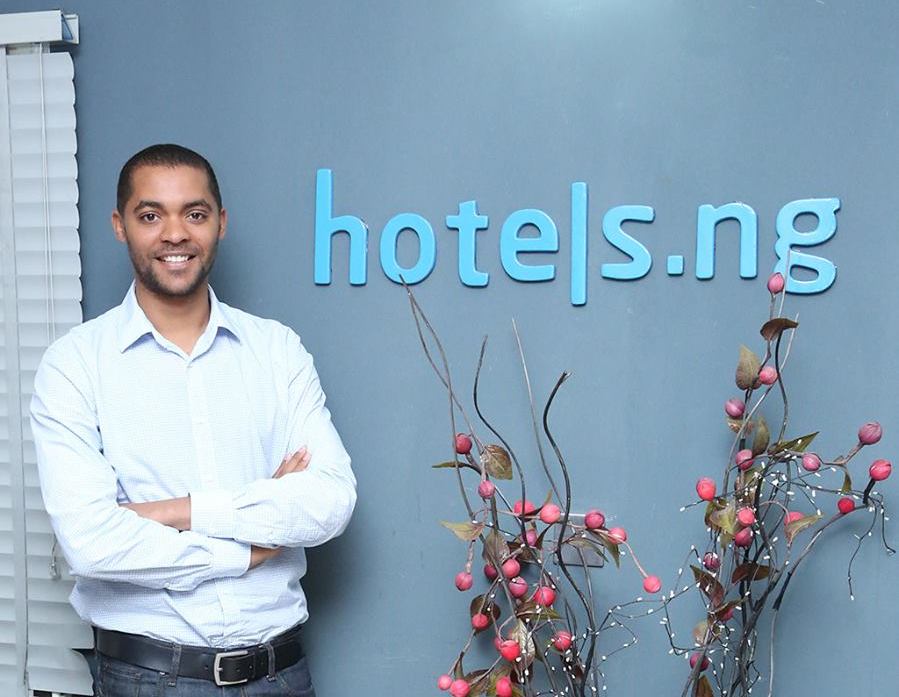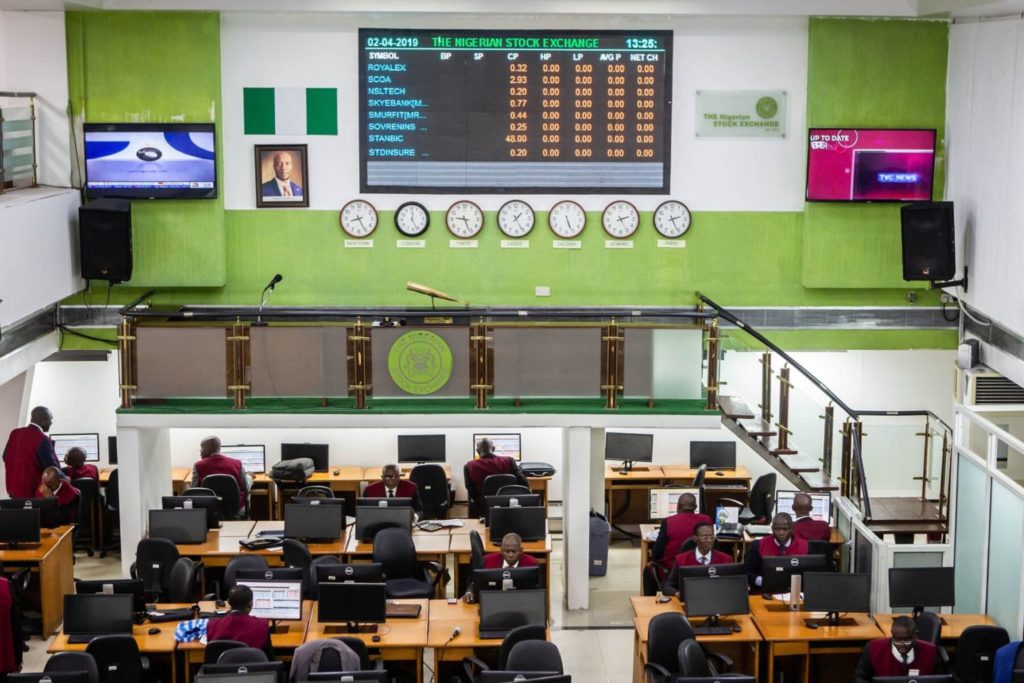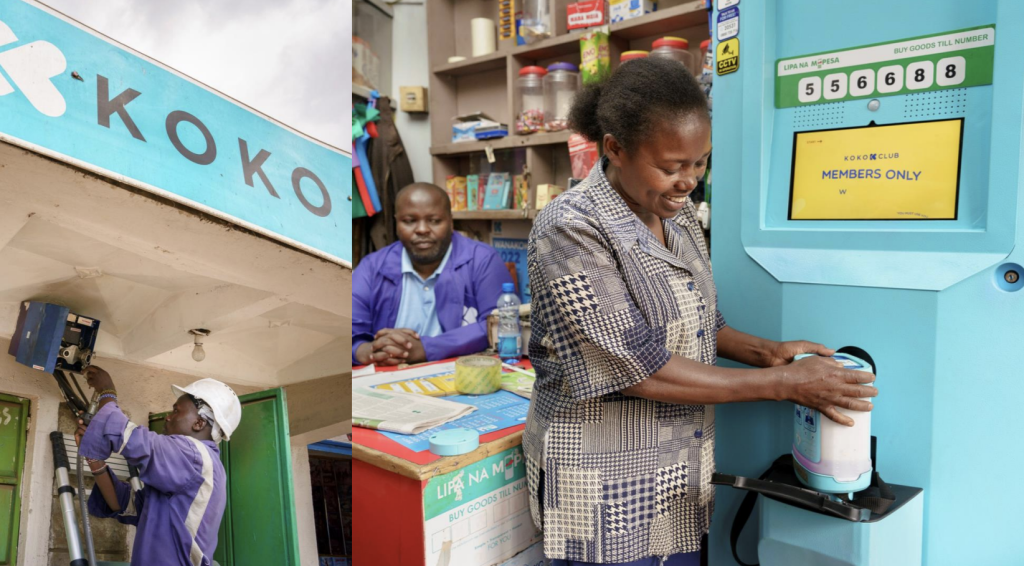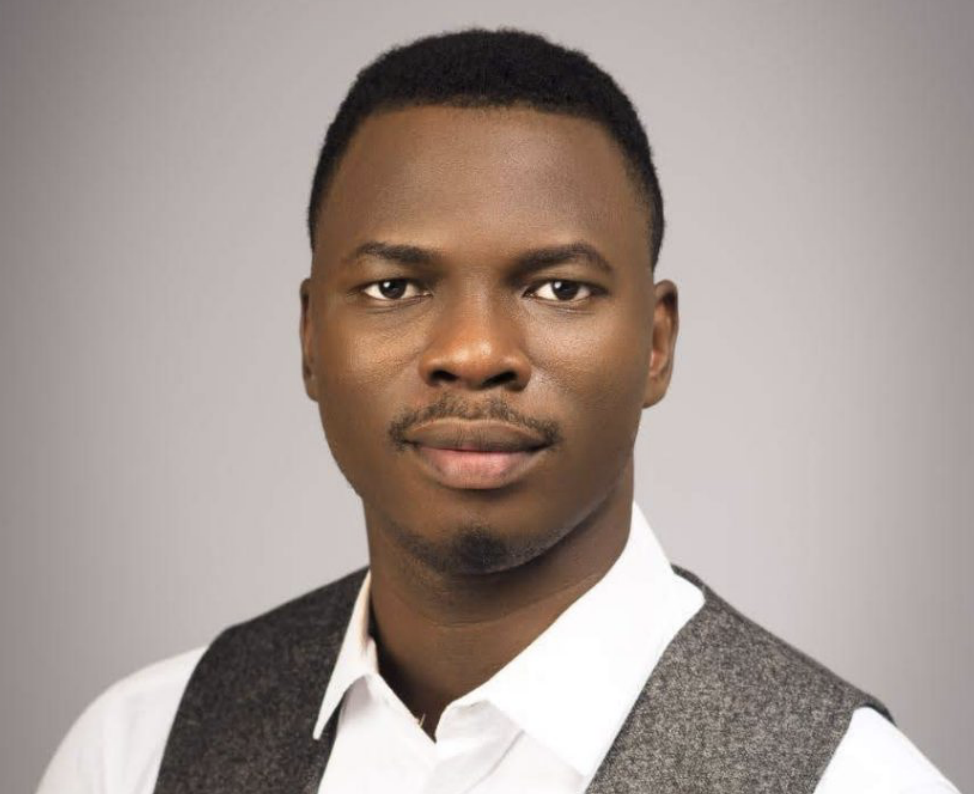Sometimes, being the underdog is a good thing. As long as you’re not that way forever. Being the underdog means you can do things that the bigger guys can’t do. It means you can approach issues from angles that they can’t.
In September 2015, Mark Essien, founder and CEO of Hotels.ng, spoke at the inaugural TEDxGbagada in Lagos. He highlighted different ways that Africa can leap to the forefront of global technology, instead of playing catch up. For years, Africa has lagged behind the rest of the world in both invention and adoption of new technology. But to Mark, this can be an advantage, rather than the disadvantage it is widely perceived to be.
Mark, apart from being proof that technical founders can also make good CEOs, is known for his unique perspective and ideas.
Take these tweets for example:
https://twitter.com/markessien/status/686135380312231936
https://twitter.com/markessien/status/686135917640298496
In his talk, Mark uses the examples of mobile technology, mobile money and a juxtaposition of the German and Nigerian banking systems to explain how he thinks Africa’s disadvantage can become its advantage.
“If money were to be invented today in what form would it come?”, asks Mark. Would it be printed on paper or would it take the form of Kenya’s M Pesa? I’m pretty sure you know the answer to that question. Mark posits that instead of Africa to try to catch up with the rest of the world in technology, we should look for ways to adopt already available futuristic technology to solve our many problems.
“Let’s not play catch up. Let’s not think about copying what the West has done. Rather, let’s think about skipping a generation and then inventing what nobody else has invented.”
The fact that Africa has missed out on so much should be no course for concern. We successfully skipped the landline age (although a few people adopted it in Africa) and jumped straight into the mobile age. And the continent is better off for it. This can be replicated across many other areas where Africa is facing challenges.
Here are some of the areas Africa could leapfrog the rest of the world by creating technology that is not based on legacy systems, but on new ones:
Energy
This is one of Africa’s most pronounced problems. As bad as it is in the urban areas, it’s even worse for those who reside in the villages.
Instead of thinking of how to build gas plants and laying cables underground, Mark says that solar trees could be planted. Solar trees are basically ‘trees’ with solar panels as leaves. The energy harnessed from them could be used to pump water to all the parts of the village and charging ports could be built into blocks at the base of the trees.
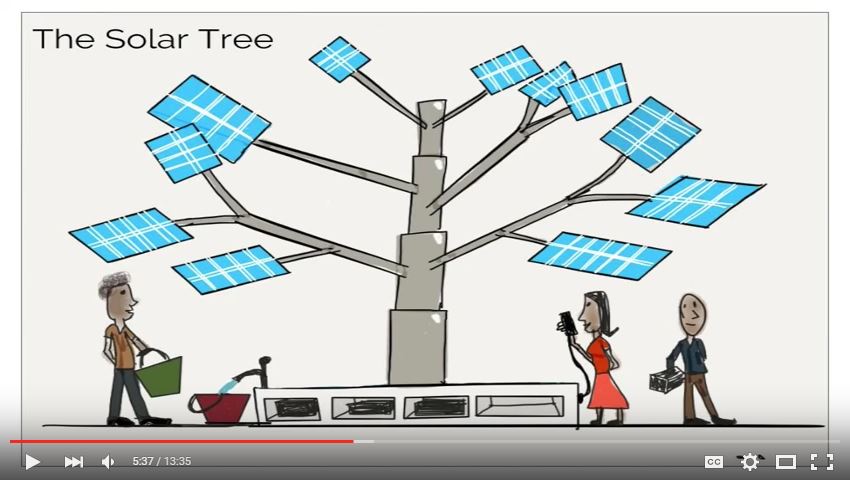
Transportation
When you ask the average Lagosian how they think the traffic problem could be solved, more often than not you get an answer that relates to railway transportation. You’ll also hear ideas about cable cars and people working remotely.
Mark takes a different approach to this and brings up the idea of K-cars. Self-driving tricycles that are linked with each other, like train cars. Tricycles are already popular in many parts of Nigeria and adopting such a technology will mean thinner tracks compared to traditional railways.
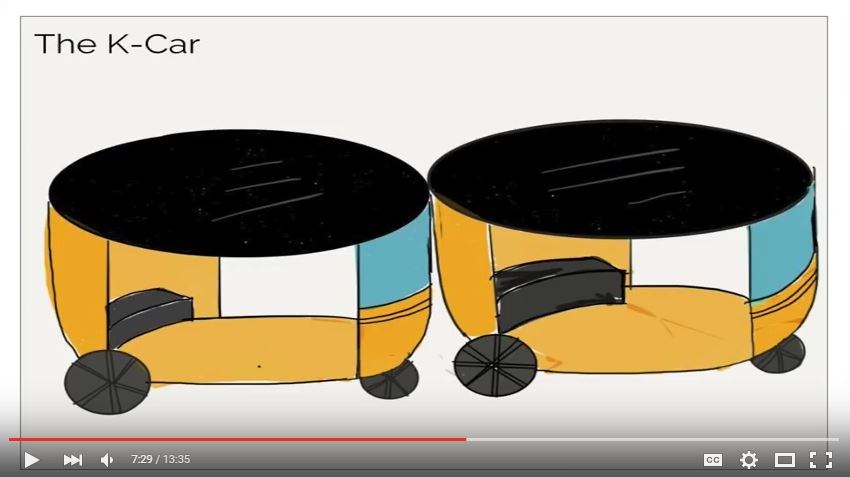
This idea, however, will work best in less populated areas. It will prove difficult to execute in crowded places like Lagos. One only wonders how many cars will be attached to one tricycle train. Like I said, it will be difficult, but not impossible. Maybe we could enter the Guinness Book of Records for the longest tricycle train.
Education
Not a lot of African schools offer world-class education. It’s why many parents prefer to send their kids to school outside Africa.
There’s another way Africa can approach this search for quality education: using Virtual Reality. By putting on a pair of VR goggles, you can experience what people in Harvard or Stanford are experiencing. You can join them in class and see things just as they see them. This will eliminate the need for more buildings, students would be able to participate in classes right from home. The money we would normally invest in building schools could be invested in developing this technology. Fewer buildings, less populated classrooms but the same quality education anywhere in the world.

Medicine
Instead of spending money building hospitals that may not even function as well as they ought, we can invest in ‘blood testing and diagnosis’ technology. Take Theranos as an example. Although this development won’t be without its challenges and ethical oppositions, it’s an idea worth considering.
For medical conditions that require drug treatment, drone tech could be deployed. Instead of crowded hospitals, Drone Doctors could be deployed (the way Amazon deploys them for delivery) to deliver medication to people in their homes.
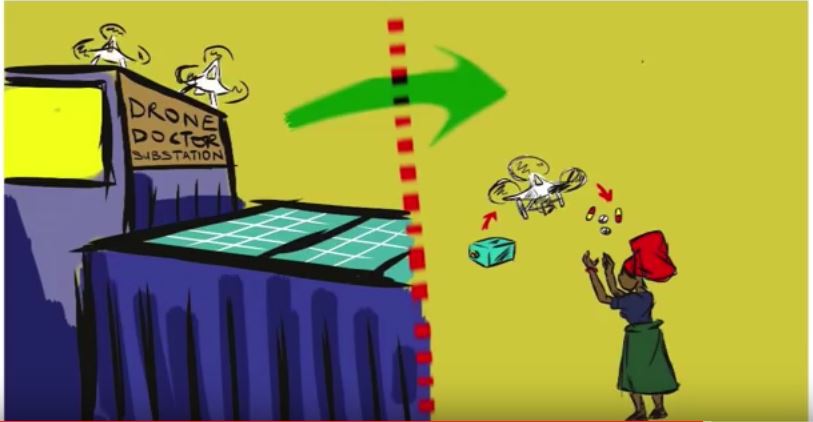
The good thing about all of this, according to Mark Essien, is that the technology already exists. It need only be reinvented in new ways.
“The future of technology for Africa is not in playing catch up. But in looking at the things we lack and using each of those gaps as an opportunity for us to invent something we can use to leapfrog the rest of the world.”
You can watch the full video here.









